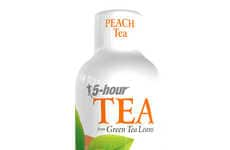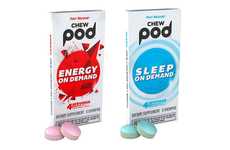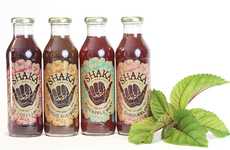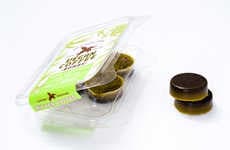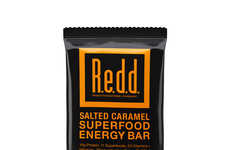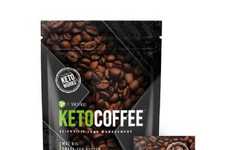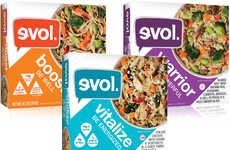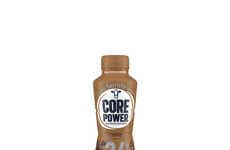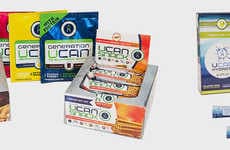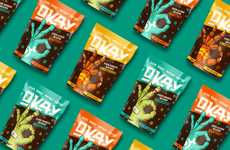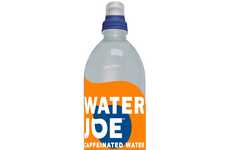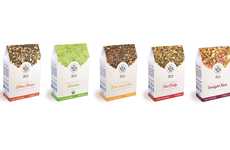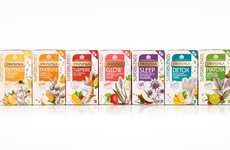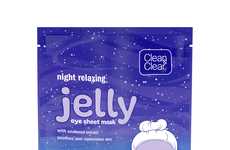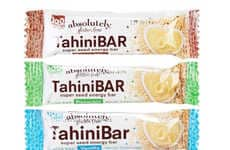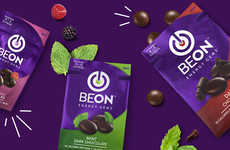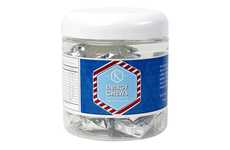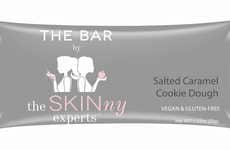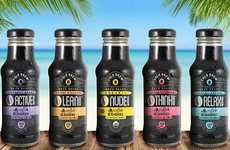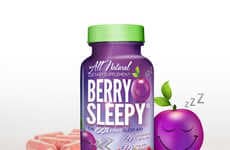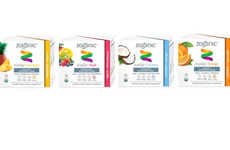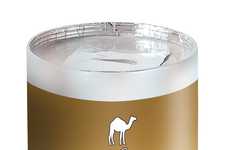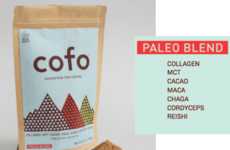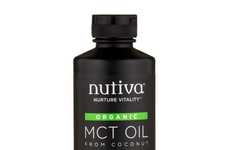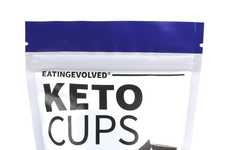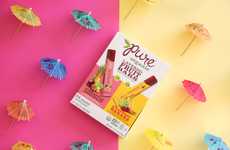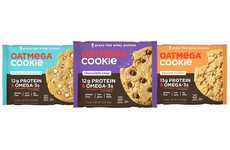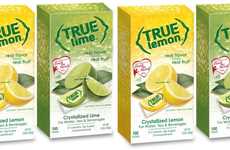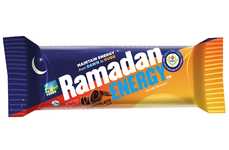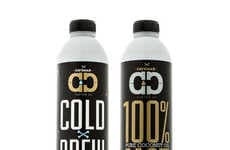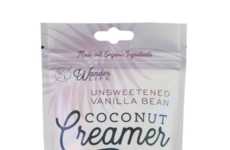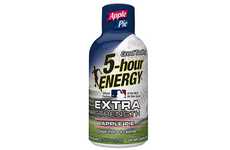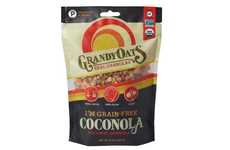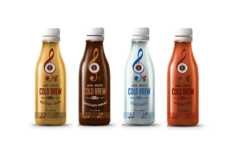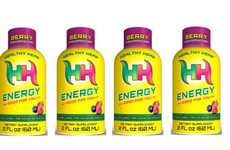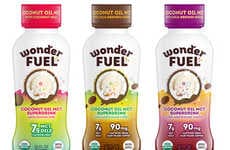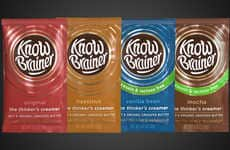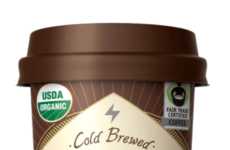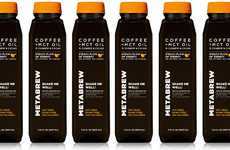

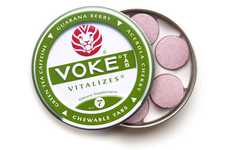
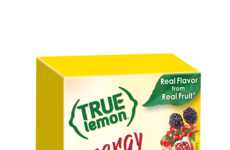
Tea-based beverages function as alternatives to standard energy drinks
Implications - With traditional energy drinks now having a somewhat negative perception in the eyes of those concerned with health and wellness, brands are pushing out energy drinks and edible items that are based in tea. The use of tea to rebrand this market allows it to bring in consumers that are just as conscious about their health as they are about boosting their ability to get through the day’s tasks.
Workshop Question - What could your brand incorporate into its business as a more cost-effective or functional alternative to one of its original products/services?
Trend Themes
1. Tea-based Energy Drinks - Consumers are seeking out tea-based alternatives to traditional energy drinks, providing an opportunity for brands to rebrand the market as healthier and more mindful of wellness concerns.
2. Alternative Caffeine Sources - As consumers become more health-conscious, brands are looking to offer caffeine from alternative sources such as green tea and MCT oil, providing an opportunity for disruptive innovation in this space.
3. Cognitive Health-boosting Beverages - Consumers are increasingly interested in beverages that offer cognitive health benefits through natural and organic ingredients such as ginkgo, rosemary, and eleuthero, creating an opportunity for new products that cater to this demand.
Industry Implications
1. Food and Beverage - The food and beverage industry can develop new products based on alternative energy sources, organic ingredients, and non-traditional flavor profiles.
2. Health and Wellness - The health and wellness industry can leverage trends towards natural and organic ingredients to develop products that cater to consumers seeking cognitive or energy-related benefits.
3. Consumer Goods - The consumer goods industry can benefit by creating portable energy-boosting products that use clean, natural ingredients and cater to consumers' on-the-go lifestyles.

